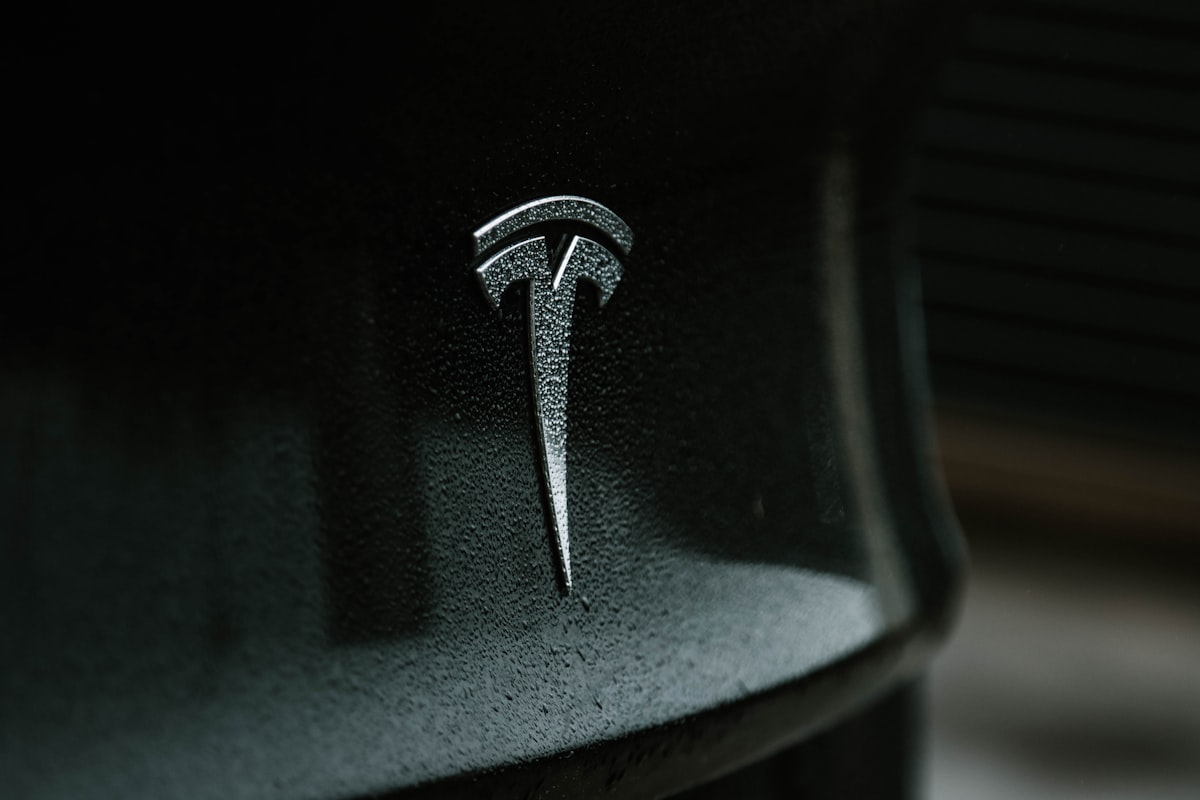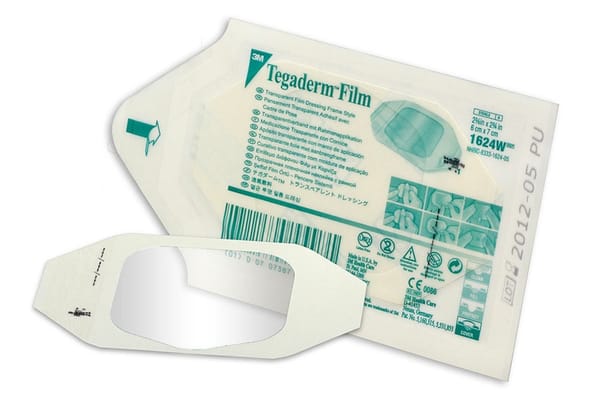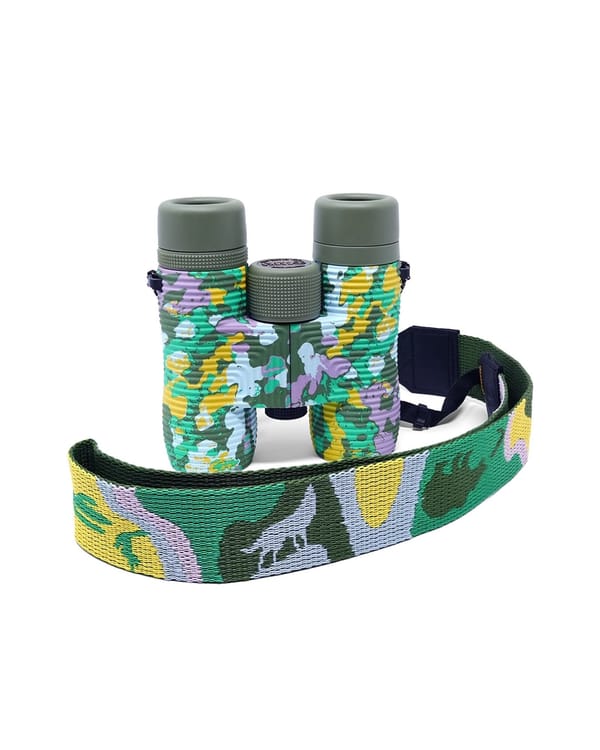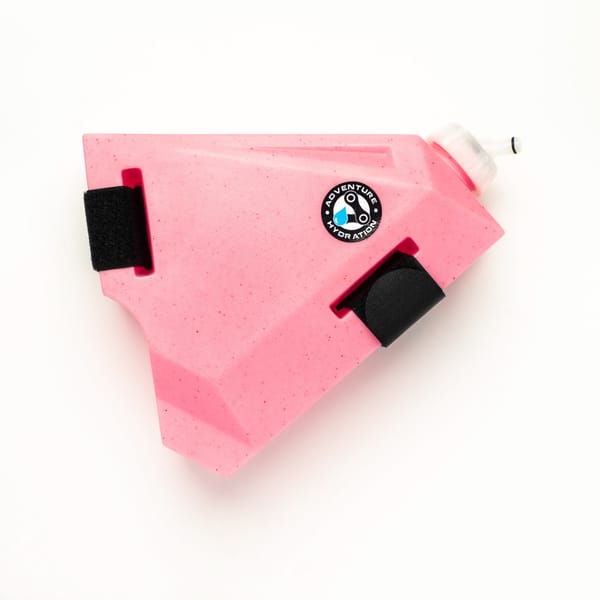Tesla's Troubles: New Report Criticizes Autopilot's Safety Record and Oversight
A recent federal investigation highlights significant safety concerns with Tesla's Autopilot system, linking it to numerous fatal crashes and raising questions about its effectiveness and safety protocols.

In a detailed federal report released today, Tesla's Autopilot system has come under severe criticism for its involvement in at least 13 fatal crashes. The National Highway Traffic Safety Administration (NHTSA) has identified critical lapses in the design and monitoring of the Autopilot system that may have contributed to these accidents. This report not only casts a shadow on Tesla's safety claims but also labels the company as an "industry outlier" for lacking basic safety measures that are common in similar technologies offered by competitors.
Overview of the Investigation
The NHTSA's investigation focused on 109 "frontal plane" crashes, where Teslas collided with objects directly ahead. In many of these incidents, the hazards were visible at least five seconds before impact, suggesting that a vigilant driver could have prevented the collisions. Among these was a tragic incident in North Carolina in March 2023, where a Tesla Model Y hit a teenager exiting a school bus, highlighting the system's failure to detect and react to visible obstacles.
Tesla's Autopilot and Public Response
Unlike other automotive makers who integrate systems that emphasize driver cooperation with terms like “assist” or “sense,” Tesla’s use of the term "Autopilot" has been criticized for misleading users about the level of attentiveness required. The report underscores a dangerous trend: users are lulled into a false sense of security, believing the car can handle more than it's capable of.
Regulatory and Legal Challenges
Following the findings, NHTSA has not only concluded its initial probe but also launched a new investigation into whether updates to the Autopilot system, deployed after a recall earlier this year, are adequate in preventing misuse. This comes in the wake of ongoing legal scrutiny, including accusations from California state regulators that Tesla has engaged in deceptive marketing practices by overstating the capabilities of its Autopilot and Full Self-Driving systems.
Industry Expert Opinions and Tesla’s Adjustments
Experts like Phil Koopman from Carnegie Mellon University argue that Tesla needs to implement stricter monitoring to ensure driver engagement and restrict the system's operation to appropriate environments. Despite Tesla implementing some post-recall adjustments aimed at increasing driver attentiveness, safety experts remain skeptical about their effectiveness.
The Path Forward
This report poses serious questions about the future of Tesla's automated driving technology. With the electric automaker already facing a challenging period in terms of sales and growth, and pushing ambitiously into autonomy, the timing of these findings could not be more critical. As Tesla plans to introduce a purpose-built robotaxi and continues to promote its vision of full autonomy, the company faces a pivotal moment: balancing innovation with the imperative of ensuring user and public safety.
No sane government would allow Elon to operate robot taxis under their jurisdiction. He can claim all he wants about the miraculous safety of his software suite but even his own Tesla insurance won’t back it up.





